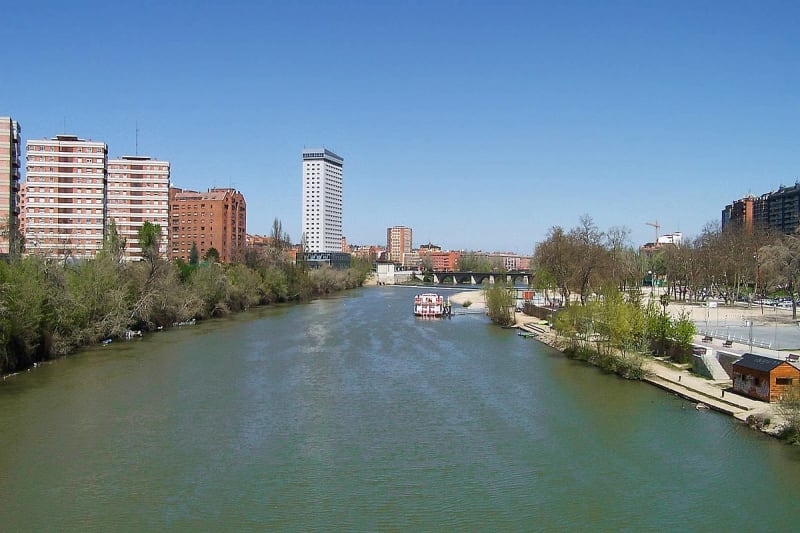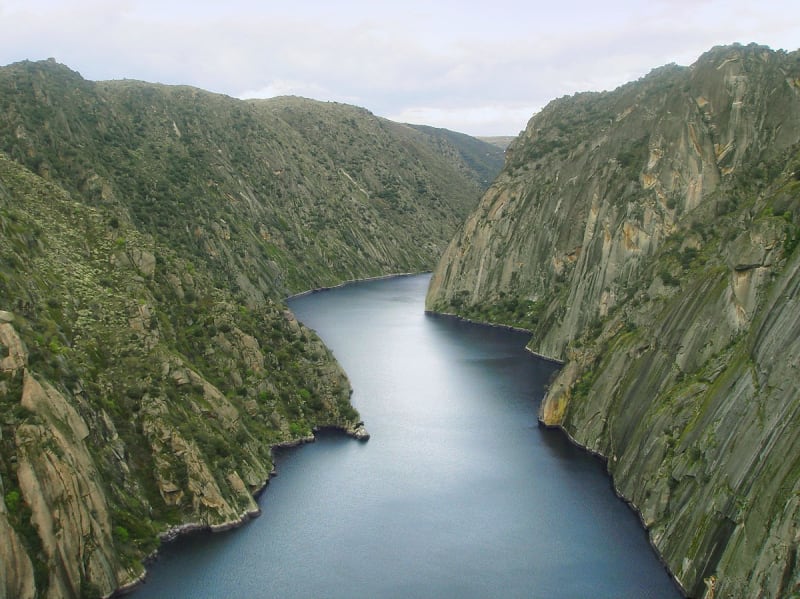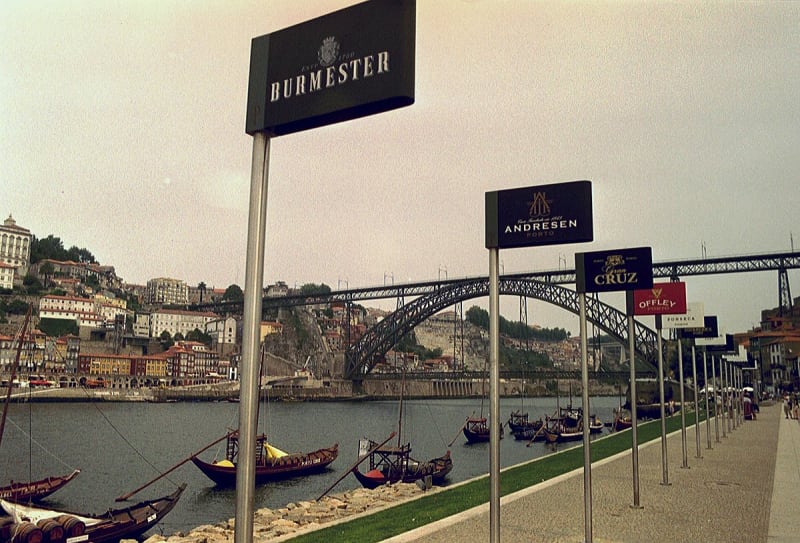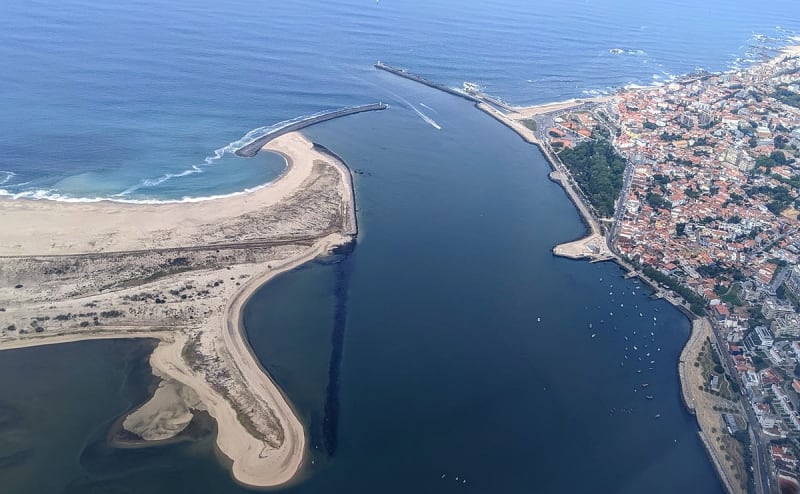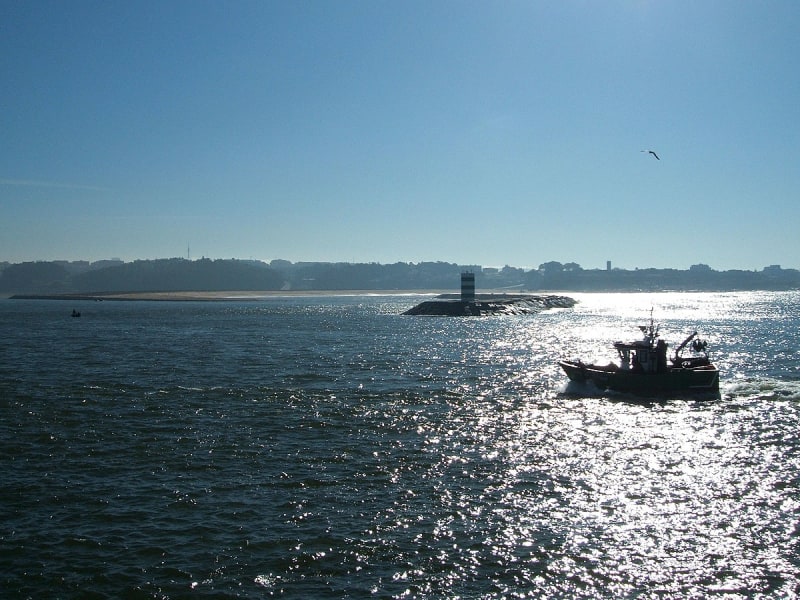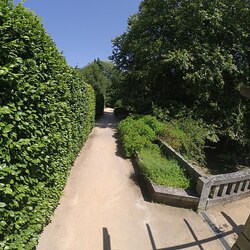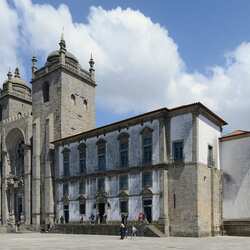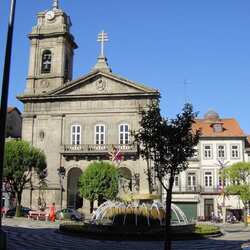Douro River Valley
The valley of the Douro River is on the list of recommended places when traveling to Portugal. It flows through the north of the country and empties into the Atlantic Ocean. You can get there by car, train and boat. Many bridges have been installed, but the Ponte Luís I bridge, designed by Eiffel's student, is recognized as the most famous.,
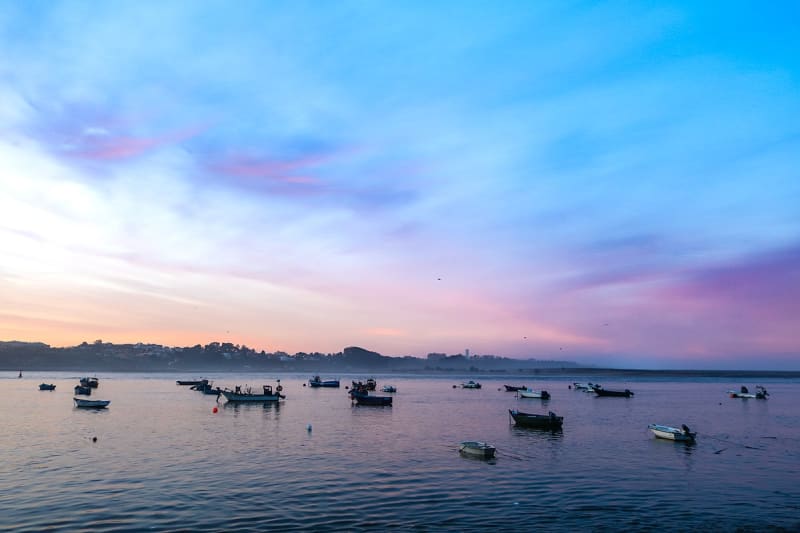
History of the Douro River Valley
The sources of the Douro River are located in a mountainous area, the length of the river is 897 kilometers. 213 kilometers flow in Portugal itself, namely in the area of Porto and Vila Nova de Gaia. The Douro flows along the picturesque city of Porto and other settlements. The popularity of the Douro River Valley came thanks to the wonderful landscapes and vineyards that took root on the slopes of the high hills. The wine region was included in the UNESCO World Heritage List in 2001.
The valley of the Douro River is one of the oldest wine-producing regions in the world. The grape terraces, painted green, feel like velvet. There is no better place to successfully escape from the annoying hustle and bustle of the city: small villages and small towns filled with the spirit of long-standing traditions have found their place here.
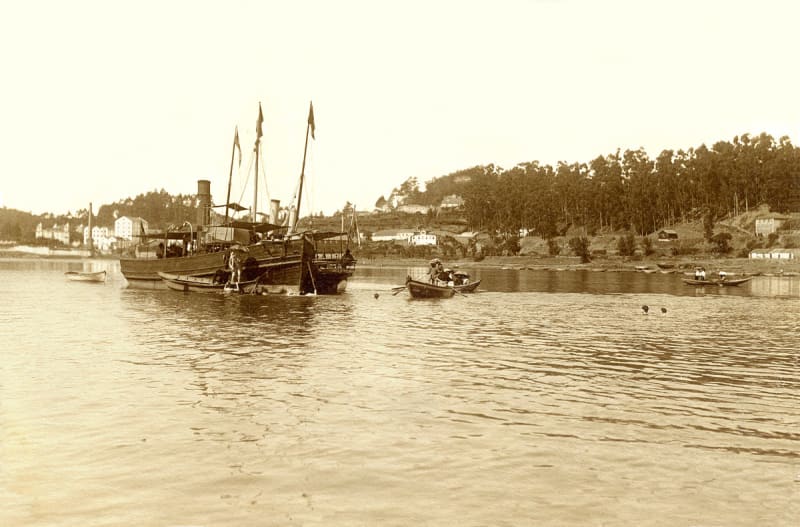
Features of the Douro River Valley
Among the beauty of all the cities formed in this place, Lamega occupies a special place. It is located at the base of a staircase made of rough granite. It is divided into many tiers. The staircase is decorated with the famous tiles, carved in shades of white and blue. It leads to the Church of Our Lady of Healing, which in turn is a vivid example of the Rococo style. However, for beginners, this path can be a bit exhausting, because there are as many as 700 steps.
The Douro International Nature Park is located closer to the Spanish border. He deserves special attention. Whole companies of juniper, oak and olive groves have sprouted together in the relict forests.
The Kou flows into the river. The archaeological park is located in the Valley of the Douro River, it is a whole world of architectural wealth, formed from cave paintings in the open air. And on the rocks along the coast, there are dozens and hundreds of petroglyphs from the time of the late Paleolithic.
